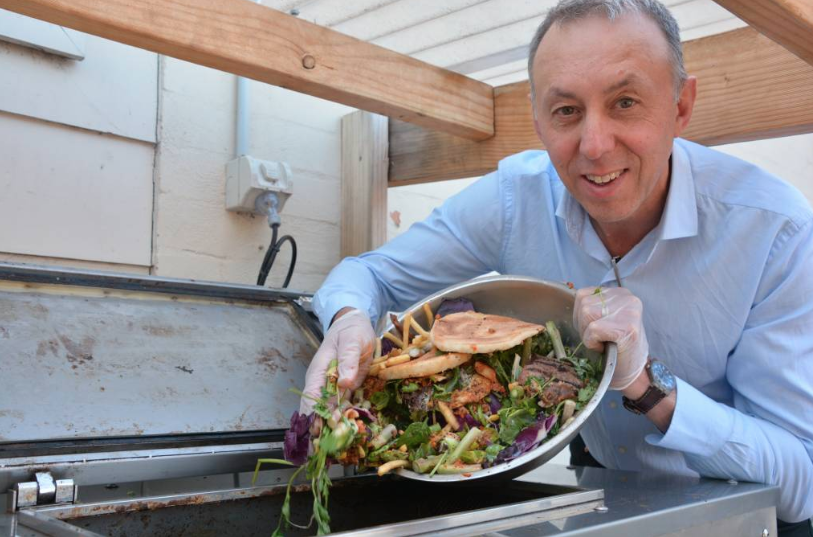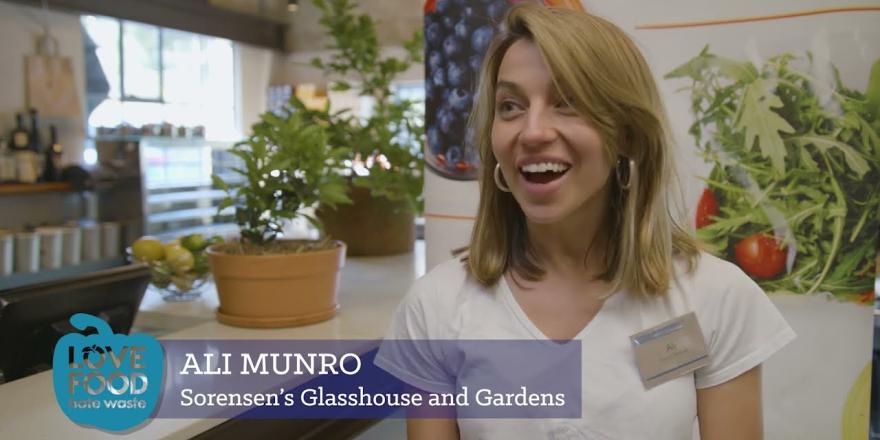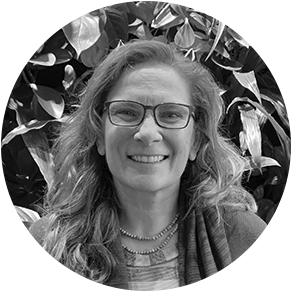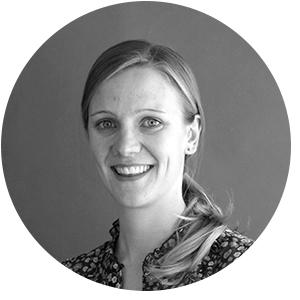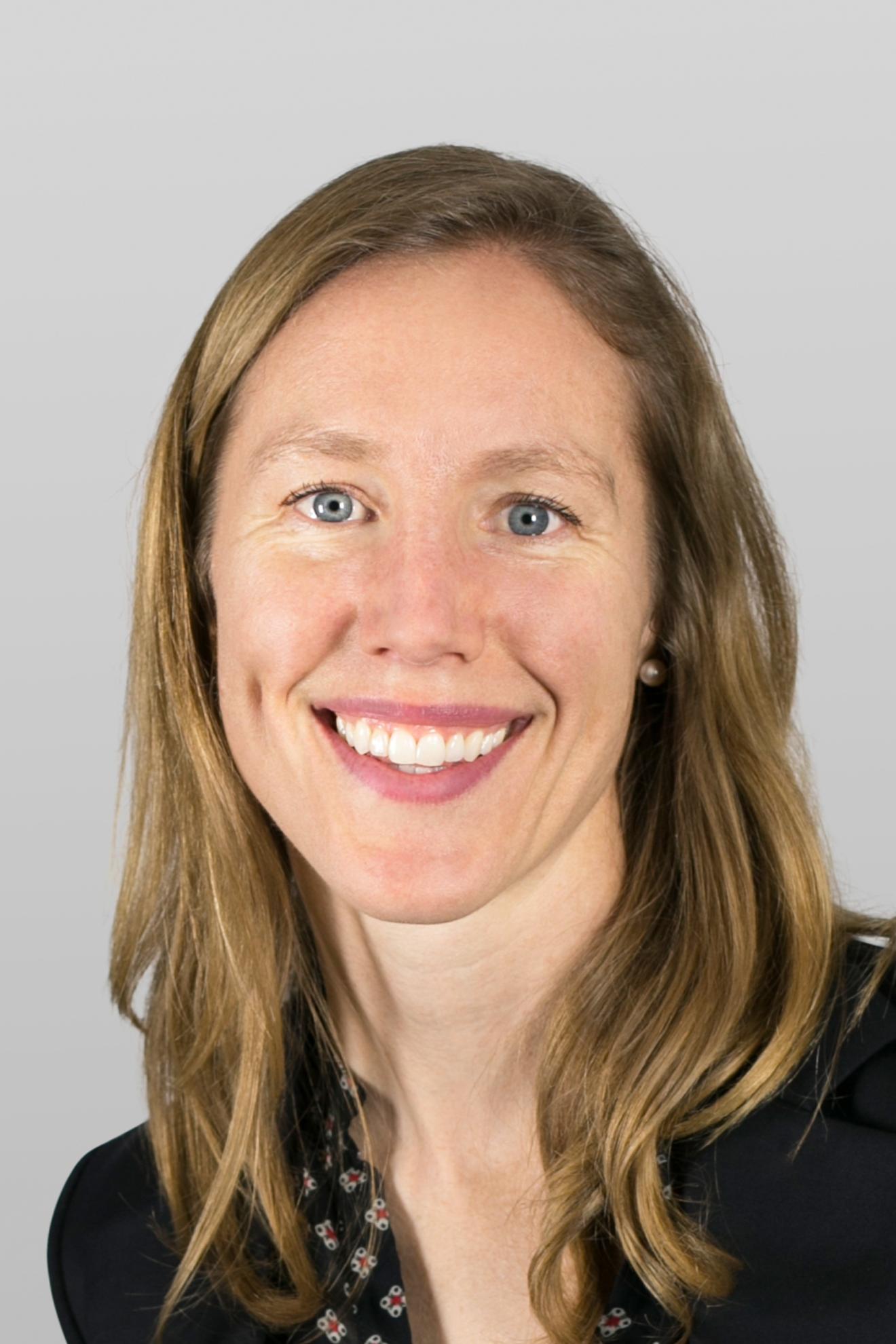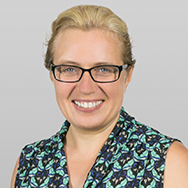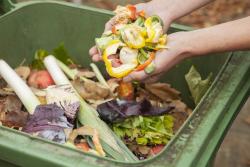Zero Waste Leura is a NSW Love Food Hate Waste Partnership project, funded by the NSW waste levy. It aims to work with Blue Mountains businesses to avoid food waste, increase awareness and reduce the environmental impact organic waste has in landfill.
ISF is working in partnership with the NSW Environment Protection Authority (NSW EPA), Blue Mountains City Council and Leura Village Association to engage, implement, market and measure food waste avoidance from Blue Mountains businesses through the NSW EPA Your Business is Food program.
This project addresses an important step in the waste management hierarchy: avoidance. By focusing on food waste avoidance, hospitality businesses can reduce organic waste generation and minimise the environmental impact and cost of organic waste disposal.
The project team are assisting Leura businesses with food waste audits, surveys and interviews, collecting qualitative data on behaviour change and attitudes, and quantitative data on food waste reduction. This will help to identify opportunities and constraints for food waste avoidance.
With many partners working together to achieve precinct-scale food waste avoidance, Zero Waste Leura presents an opportunity to develop a program model that could be replicated in other precincts and villages. ISF's research creates an evidence base for how businesses can overcome barriers to waste avoidance and minimise the volume of organic waste being sent to landfill.
Another important output of this project is a documentary video that stands as a 'blueprint' for other businesses wishing to undertake food waste avoidance activities.
Zero Waste Leura aims to strengthen community relationships in the Blue Mountains villages between businesses and local council, identify opportunities for food waste management and disposal beyond the project and created a replicable model for other villages or precincts.
Who's participating?
Registered
- 8 Things Eatery
- Blue Mountains Food Co-op
- Blue Mountains Hospital Kitchen
- Cafe Leura
- Carrington Hotel
- Gingerbread House
- Hounslow Cafe
- Little Niche Nosh
- Mountain Culture Beer Co.
- Pizza Sublime
Completed
Click here to read more project updates on the Blue Mountains City Council website.
Watch the Zero Waste Leura video
MEDIA
Partnership program means zero food waste - BMCC, November 2020
Leura zero food waste initiative launched – Blue Mountains Gazette, December 2020
Researchers
-
Adjunct Associate Professor
-
Senior Research Consultant
-
Research Director
-
Research Director
Years
- 2020-2021
Client
- NSW Environment Protection Authority (EPA)
Partners
- Blue Mountains City Council
- Leura Village Association
PROJECT | 2017
No flies on ISF as it leads the way in urban organics and food waste management
Ground-breaking research at UTS’s Institute for Sustainable Futures on managing food waste and reducing the amount of organic refuse going to landfill is underpinning adventurous new projects, from a maggot farm at the urban Barangaroo development to an ambitious zero-waste scheme in the Blue Mountains.


